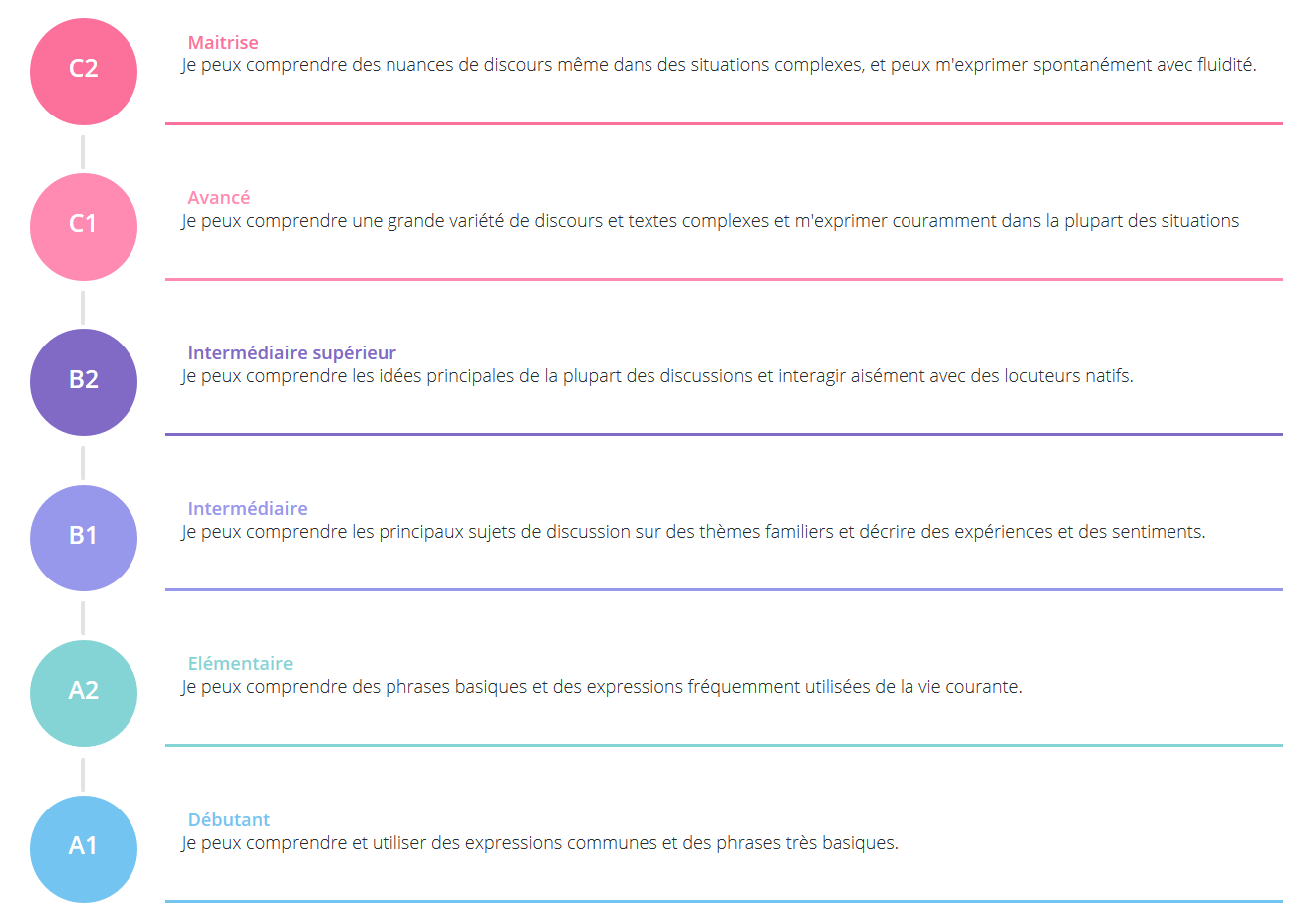Intro
What is Do you speak Jeun'Est ?

With Do you speak Jeun'Est, it’s easy and fun to make progress in learning a new language thanks to authentic videos. Designed by a multidisciplinary international team of specialists in media and video games, in collaboration with language teachers and researchers in cognitive neuroscience, Do you speak Jeun'Est is revolutionising how people learn languages, with a pedagogical approach that is both effective and entertaining.
- Video Boosters: over 1500 video-based lessons created by language teachers, all based on authentic content like current and recent clips from films, TV series, television news, music videos and documentaries...
- Photo Vocabs: gamified visual dictionaries covering 400 topics, to help expand vocabulary in specific areas
- Starter Labs: a guided course of 20 animation-based lessons to get started on the right foot in learning a new language.
- Skill Boosters: a collection of 33 lessons based on videos created by YouTubers, to help learners handle real-life everyday language situations with confidence.
These different types of learning units bring video and games together in an immersive and engaging experience. They are designed to encourage short, daily practice sessions, and are especially designed for teenagers and young adults registered in an educational institution, producing an innovative learning experience providing both linguistic and cultural immersion in the language being learned.
Do you speak Jeun'Est offers the opportunity to take adaptive Assessment Tests, calibrated to the Common European Framework of Reference for Languages (CEFR).
Good to know: Do you speak Jeun'Est has a responsive site design, meaning it can be used on any kind of connected device (desktop, laptop, tablet, and mobile phone).
Why use authentic videos to learn a language?
Authentic video (clips from films, TV series, television news, music videos...) directly appeals to the emotions of the student, thus unlocking the condition for effective learning. New video-based learning units on Do you speak Jeun'Est are published on a weekly basis, thus staying current with news and trends as reflected to students by their environment and by social media. This relevance is why students prefer authentic videos to those produced to artificially re-create language situations.
Our approach provides cultural as well as linguistic immersion. Besides the linguistic advantage, authentic videos offer a rich learning experience in the context of the cultural and social norms of a language, both general (applicable to all countries speaking the language), and specific (applicable to a particular region or register of the language). This reinforces the idea that mastering a language is not just mastering the lexis and syntax, but also other cultural and societal aspects of the language.
Since creators of entertainment video strive to depict a language as it is actually and naturally spoken in everyday life (accent, speed of speech, choice of words), the authentic videos on Do you speak Jeun'Est help students become familiar with the cadences, prosody and varied registers they will encounter in the language. Consolidated with well-structured exercises, this approach helps students accept that one need not understand every word or expression in a dialogue to derive meaning from it and construct communication.
Why use Do you speak Jeun'Est as a student?
As a complement to professor-guided learning, Do you speak Jeun'Est enables you to learn or improve a foreign language autonomously and effectively. You need not wait for your professor to give you assignments: go ahead and take the bull by the horns and explore the large library of video-based lessons available, and then get playing! Use the Dashboard as your notebook, reviewing grammar points or expressions you'd like to learn better. Besides results for tests assigned by your professor, you can compare your performance with that of the rest of the class to help you find your rhythm. Language experts generally recommend short but regular practice sessions to optimise learning and facilitate memorisation.
Who are we?
Do you speak Jeun'Est is a service of the Grand Est Region developed by a consortium of companies:
• Entertainment Learning, the EdTech company behind services like English Attack and Lingua Attack
• Humensis, a publishing group which includes the academic publisher Belin
• Global Exam, a startup specialised in language tests
Accessibility
Every effort has been made to make Do you speak Jeun'Est inclusive; using the Accessibility menu, you can adjust the mode and font of the site. It's a fact that different fonts can improve learning outcomes for dyslexic students, for example.
What is the CEFR?

Established in 2001 by the Council of Europe, the Common European Framework of Reference for Languages (CEFR) defines the levels of mastery of a foreign language based on knowledge in five different domains of competence. The CEFR highly detailed, yet it can be applied to a wide range of languages. The levels range from beginner (A1) to advanced (C2). Today, these levels serve as reference points in language learning and teaching in many countries.

